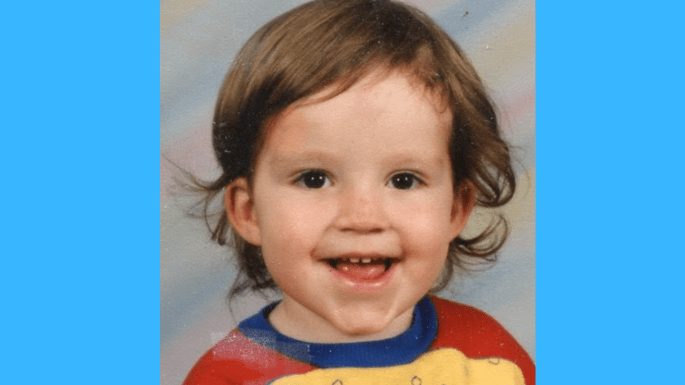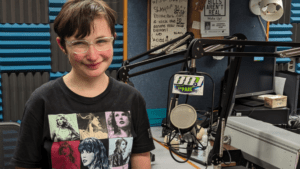Going to the dentist can be a trying experience for anyone. When you have a diagnosis of autism, though, who may have challenges with sitting still for long periods, struggles with loud noises, and other sensory struggles can be overwhelming. After I started talking at 2.5, sensory issues became my biggest challenge. After getting some fillings recently, I wrote on My Instagram asking if our community would like to hear about my experiences, and the response was massive. Some parents reached out about how they were avoiding the dentist entirely and, while I understand the concern, foregoing the dentist when something may be wrong can lead to further health issues down the line.
Many of these suggestions are still things today I do today as an autistic adult…
- Do your homework
My parents found the perfect pediatric dentist for me from a recommendation from our pediatrician. If you do a google search (dentists+autism), you can often find multiple google reviews from parents’ experiences from certain dentist offices. Autism Speaks also has a resource guide listed 200+ dentists on their website here.
- Preparing before the visit
My parents would talk to me about why I was going there, why it was necessary, and always tried to include a reward for after I was done. This was helpful to avoid any uncertainty. You may consider a social story or a visual schedule. If you do, try to make it personalized based on your loved one versus one the name of another child. You can create some straightforward social stories via colorful template creators like canva.com or simply by using a PowerPoint template. You may call the dental office and see if you can tour the office before the actual day or see if they have a virtual tour of the office on their website.
- Splitting the appointments
When I was starting off going to the dentist for the first time, my parents would make appointments in 30 minute intervals versus an hour. While not all dentists may offer this, those who have previous experience working with autistic children may have received a similar accommodation.
- Bringing headphones
Growing up, we didn’t have high-tech noise-canceling headphones like Bose, so my parents would bring earplugs. While not consistently effective, they did drown out some of the noise. It’s important to discuss with your dentist your child’s challenges early on. Try to find a recommendation in your local community for a dentist who has previous experience with autistic and/or SPD patients.
- Avoiding caffeine/sugar
This was more of a universal recommendation I’d given to anyone who struggles at the dentist. The less jittery I was, the more easy-going the visit took.
- If applicable, see if your child’s OT and/or behavior therapist will go to the appointment too.
This isn’t something that helped me specifically. Still, from my work as a professional speaker and disability advocate, I’ve heard countless families do this not only to make the situation easier for that child but also, if the dentist is willing, suggest things to help.
- Visuals can be helpful.
I’d sometimes be able to watch cartoons or sports while the dentist was working. While some dentists may not allow this, especially if they need the child to be attentive, having something in the background helped me feel more at ease. If the dentist has a TV, you may suggest to the dentist ahead of time if they may be able to play one of your child’s favorite programs.
- Presuming competence
My dentist always talked to me versus talking to my parents. That helped me establish trust, especially during any uncertainty I was feeling during a procedure.
- Being literal
Having a dentist who understood I didn’t understand sarcasm that well was beneficial. He would break down what he’d be doing in steps, and any instructions were novice to help me better understand.
- Having a complete team understanding my challenges
Communication between the dentist and his staff was helpful. It always felt like he and an assistant he had were in complete understanding of my sensitivities.
What would you add to this list?
Note: I get many questions in this area on if I received any form of sedation and/or anesthesia, and I did not.














